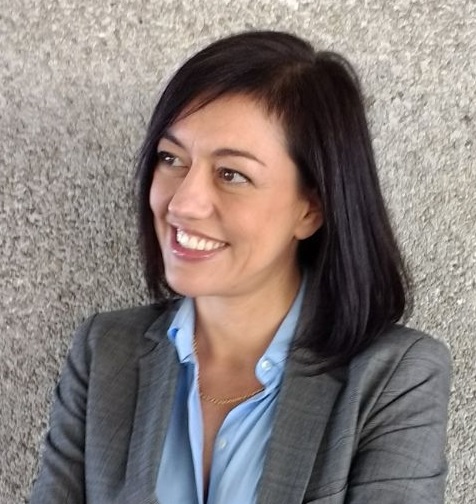Ana Isabel Gomez Leiras
@udc.es
University of A Coruña
Ana Leiras is a PhD specialized in Sociology, Tourism, Marketing and Hospitality. Ana boasts a solid professional foundation with a decade of experience managing hotels and restaurants. Over the last ten years, she has served as a professor at the Centro Superior de Hostelería de Galicia (University of Santiago de Compostela). Concurrently, she is an active participant in the Territorial Studies Research Group at the University of A Coruña.
EDUCATION
PhD in Social Sciences and Consumer Behaviour (University of A Coruña)
Master in Planning and management of Destinations and Tourist Products (University of A Coruña)
Bachelors degree in Tourism (Universidad Nacional de Educación a Distancia)
Great Diploma in Hotel Management (University of Santiago)
Diploma in Hotel Management (École hôtelière de Lausanne)
Spanish: Native; Galicien: Celga 4; English: C1
RESEARCH, TEACHING, or OTHER INTERESTS
Tourism, Leisure and Hospitality Management, Social Sciences, Marketing, Business, Management and Accounting
Scopus Publications
Scholar Citations
Scholar h-index
Scholar i10-index
Scopus Publications
Ana Leiras and Iria Caamaño-Franco
Emerald
Purpose Research concerning the inclusion of individuals with disabilities in tourism activities began long before this field of study was formally named. This has led scholars to use a variety of expressions to refer to what is now known as accessible tourism (AT). Given that this diversity of terms can complicate locating relevant publications, this paper aims to examine the terminology used in the context of AT. Design/methodology/approach This study conducts an exhaustive literature review and a statistical analysis of 613 documents collected from Scopus, published between 1984 and 2022. Findings The results suggest that, despite the widespread use of “Accessible Tourism” in recent literature, most papers published before 2010 cannot be retrieved using this term. Additionally, the longitudinal analysis of scientific production revealed four distinct stages based on the number of annual publications. Research limitations/implications This paper has limitations that could inspire future studies, such as relying solely on Scopus for data collection, including only academic papers, limiting the number of references and narrowing the search to specific terms. Future investigations could compare these findings using a greater amount of data collected from other databases (e.g. Google Scholar), including non-academic writings (e.g. newspapers and Webpages), exploring the efficiency of different search strategies (e.g. silver market) and delving deeper into the evolution of the AT discourse in society. Practical implications Policymakers and tourism stakeholders can leverage the insights of this paper to standardise their vocabulary in communication and operational strategies. Scholars can enhance the efficiency of literature searches and develop new lines of knowledge inspired by terms traditionally used to refer to AT. Social implications This paper encourages continued investigation into AT and underscores the importance of language in developing a more inclusive society. Originality/value This research pioneers the analysis of the evolution of AT synonymy by years, nations and authors. It provides evidence of how linguistic choices reflect changes in the social understanding of disability. This study proposes a framework to distinguish AT from other tourism models, facilitating unified communication among stakeholders. It presents strategies to improve efficiency in locating studies in the AT area and advocates for an inclusive society that uses language respectful to all individuals.
Ana Leiras, Iria Caamaño-Franco, María José Andrade Suárez, and Trinidad Domínguez-Vila
Informa UK Limited
Ana Leiras and Celeste Eusébio
Informa UK Limited

